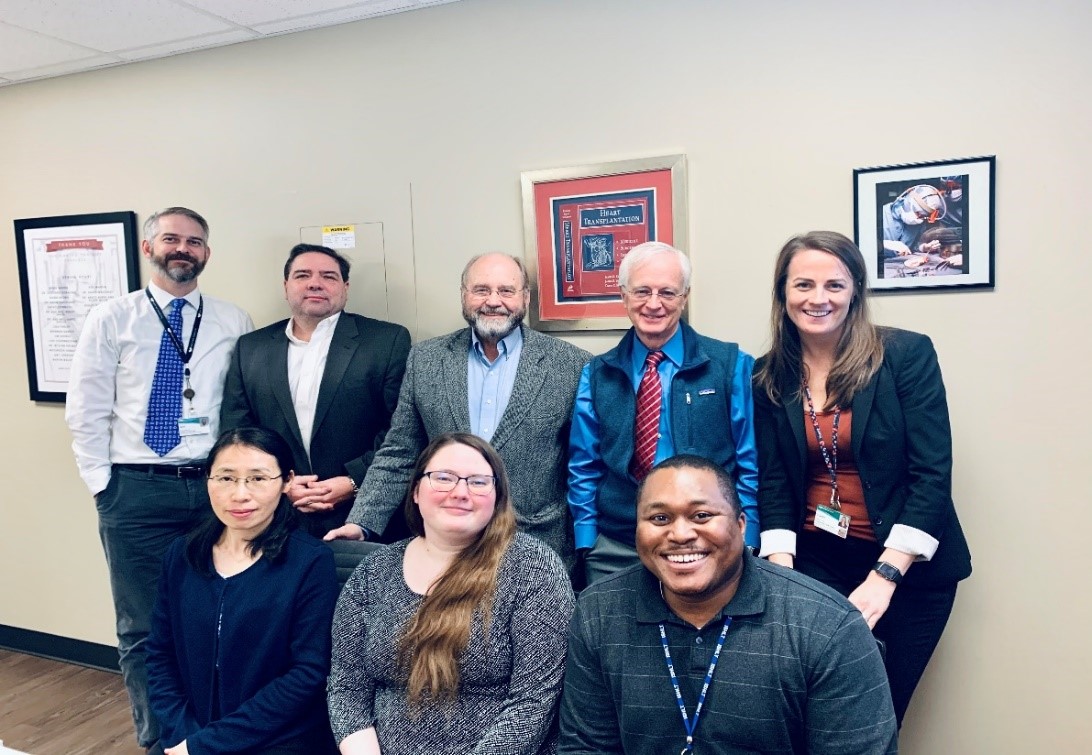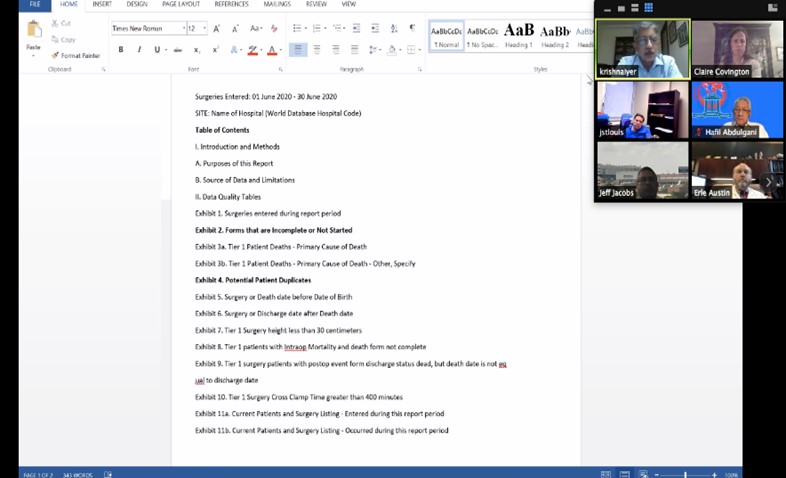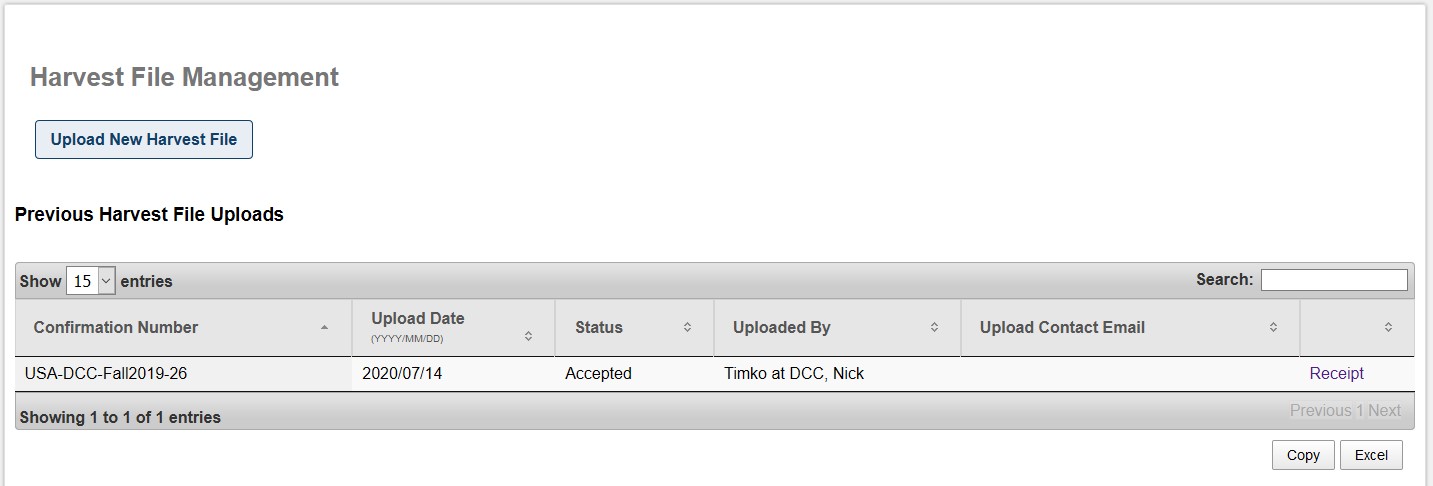During the last several months, our community has experienced unprecedented changes not only in the way we conduct clinical practice, but also in the fashion with which we live our daily lives. The COVID-19 pandemic has affected every aspect of our existence, with over one million individuals having succumbed to the virus worldwide. However, we will endure these historic events and become better, as a global community, than ever before. The leadership of the World Database for Pediatric and Congenital Heart Surgery wishes to express our deepest thoughts and prayers to all our colleagues who have experienced personal and professional tragedies as a result of this pandemic. Through the hardship and suffering, a renewed sense of comradery and collaboration has emerged. Societies across the globe, particularly those dedicated to the care of congenital heart disease, have shared experiences, provided tangible support, and cared for each other during these challenging times. We need to continue to pull together as a community; it is the only way we will be successful in defeating this insult to humanity.
Sincerely,
James K. Kirklin, Database Chair
James D. St. Louis, Database Vice Chair/Secretary
Erle Austen, Chair, CHSS Quality Committee
Robert Dabal, WDPCHS Quality Committee
Marcelo B. Jatene, WSPCHS President
Christo I. Tchervenkov, WSPCHS Executive Director

The Word Database and the COVID-19 Pandemic
The World Database for Pediatric and Congenital Heart Surgery has sponsored two activities to assist in acquiring knowledge about the effect of the COVID-19 pandemic on both the practice of congenital heart surgery worldwide and the impact the virus has on patients with congenital heart disease. In collaboration with other major congenital heart surgery societies (CHSS, ECHSA, etc.) the World Society sponsored a survey that was sent out to all leaders of congenital heart programs across the globe. The results of this survey were recently published in the World Journal for Pediatric and Congenital Heart Surgery, which can be found here: COVID-19 article. It described the early impact of the pandemic and set the foundation for follow-up surveys to understand the ramifications of the decisions made by countries and individual programs during the early phase of the pandemic. A follow-up survey, highlighting outcomes of the decisions made and the current state of congenital heart surgery has recently been released. The second activity sponsored by the data center has been the creation of a COVID-19 /CHD registry. This cohort study will gather longer-term information on congenital heart patients who have tested positive for the COVID-19 virus. This registry will open for submission toward the end of this calendar year.
China Linkage
The effort to connect the World Database and the Chinese National Congenital Heart Surgery Database is progressing. Sample files are being tested, and the administrative process to include new hospitals is being reviewed. Once completed, the volume of information in the World Database will increase greatly thanks to the efforts of the centers in China. Their professionalism and eagerness to work with the World Database is commendable, and we are excited about the friendship and ongoing relationship between the two groups.
The World University for Pediatric and Congenital Heart Surgery (WUPCHS)
The global pandemic has dramatically reduced our in-person educational experiences within the WSPCHS. In response to this challenge, the WSPCHS has launched the WUPCHS as a learning platform for our members. Beginning with monthly webinars ( initial webinar on simple TGA took place on 26 Sept, 2020), the WUPCHS portolio will expand to include other educational opportunities.
World University Mission Statement
As part of the mission of the World Society for Pediatric and Congenital Heart Surgery, the World University for Pediatric and Congenital Heart Surgery will foster educational opportunities that focus on virtual platforms for trainees, allied professionals, and experts engaged in pediatric and congenital heart surgery for the purposes of enhancing knowledge of the field and promoting the highest quality comprehensive cardiac care in all countries.
Development of National Congenital Heart Surgery Databases
As the World database has evolved over the last 5 years, our society has benefited from several great successes that become more apparent as our submission and participation increases. A community of caregivers has been realized, especially with the global pandemic that has plagued the globe. Quality data reports have been provided to individual centers that have utilized these to make meaningful changes within their respective practices. But with this evolution, we have realized several important obstacles to the continued success and growth of your database. These have included:
- Technical difficulties with center submission due to barriers for data transmission
- Resistance of centers to join for fear of loss of control of their data
- The paramount task of ensuring the quality and authenticity of the data submitted.
With this said, we have evolved the database to include several other mechanisms by which data can be submitted via a national collaborative. When countries, supported by leaders in the surgical and medical community, take the position that data should be collected, stored and audited within their national borders, mechanisms are created and supported by their governments to facilitate this process. A model for such an endeavor is the effort China has undertaken to create and implement a national congenital heart surgery database. Working in close collaboration with the World Society and utilizing the foundation of the World Database, leaders in congenital heart surgery have been able to recruit over 25 congenital heart programs to contribute their pediatric and congenital heart surgery cases to the database. In a “bidirectional” fashion, large harvest files of data are transmitted from the Chinese national database to the World Database. This occurs with permission of individual centers within the country. These centers are then able to access their own data via an online, password-protected dashboard on the World Database web site. This essentially alleviates the need for centers to send their individual data out of the country, as well as allows the individual centers to audit data at the national level. The World Database then provides centers and governmental leadership complex analytics of the data as well as comparisons to other centers from both upper and lower income countries. Other countries that are at various stages of this “linkage” include Korea, Malaysia, Indonesia, Brazil, Colombia, Mexico, and Vietnam.
Database Committee Call
We hosted our first database committee call in September and hope to have this call on a quarterly basis in order to get committee members more involved in the database. About 30 members of the committee are ambassadors for their country and want to push the database forward. During our session, we discussed our future goals and projects, enrollment, data quality initiatives, current program issues with data entry, national QI efforts, and establishment of national congenital heart surgery databases. COVID-19 has stunted our growth a bit but now it is time to reinvigorate our efforts and mission with the database, which starts with this committee.
The Congenital Heart Surgeons Society (CHSS) Quality Assurance Initiative
The CHSS and the World Database (WDPCHS) are now collaborating on a quality assurance program that provides outcomes analysis on data that has not been possible in any other existing database. Unlike the other databases, this project takes on a longitudinal perspective focusing on significant events that occur following discharge after Tier 1 congenital heart surgical procedures also known as benchmark operations. Enrolled CHSS centers submit data to the Data Center at UAB where the Tier 1 operations are identified, and a web based “dashboard” is created for each center. The dashboard alerts each center’s data coordinator to collect follow-up at 6 months and at 12 months following each patient’s primary operation and asks several simple questions regarding survival or any type of reintervention, surgical or interventional. This data are analyzed, and a confidential quality report is created for each center comparing its outcomes to that of the aggregate of participating CHSS centers.
This project became active this September with thirteen CHSS centers submitting data and several centers already responding to alerts on their dashboards. At least twenty other CHSS programs have expressed interest in joining this venture and are in the process of completing Data Use and Participation agreements from their respective institutions. We continue to encourage the leadership of the other CHSS centers to join this quality assurance initiative.
Figure above: Sample Harvest File Management screen, where the user can view information on previous File uploads.
Figure above: Sample view of the “To do” list on the WDBDE Dashboard.
Surgery Counts and Collective Counts
Tier 1 Surgeries: index surgeries with expanded data collection including surgery details, discharge, one year follow up, patient death
Tier 2 Surgeries: All other surgeries with minimal data collection
Surgery submission as of October 2020
- 15,485 Tier 1 surgeries
- 12,035 Tier 2 surgeries
- 6,579 Total surgeries submitted batched submission
- 34,099 Total surgeries

Interested in learning more about enrolling your hospital in the World Database, click the link below and complete the form. A database representative will reach out to you with additional information:
(http://www.uab.edu/medicine/wdpchs/learnmore)
How can I enroll my hospital?
- Sign and return the WSPCHS Data Use Agreement and Participation Agreement.
- At least one member of the institution should be a member in good standing of the WSPCHS.
Contact Us
James K. Kirklin, MD
DCC Director / Database Chair
This email address is being protected from spambots. You need JavaScript enabled to view it.
James St. Louis, MD
Database Vice Chair / Secretary
This email address is being protected from spambots. You need JavaScript enabled to view it.


